In this post, we are going to cover digital marketing basics that every small business owner must know.
Digital Marketing: The practice of marketing products & services using digital technologies.
For a small business, an effective digital marketing strategy must be cost-effective and highly automated, to utilize resources with better efficiency.
Also Read: Top Online Marketing Trends That Will Shape Your Future
Top 7 Types of Digital Marketing & How To Use Them
- Search Engine Optimization (SEO)
- Search Engine Marketing & Paid Advertising
- Social Media Marketing (SMM)
- Content Marketing
- Email Marketing
- Conversational Chatbots
- Influencer Marketing
1. Search Engine Optimization
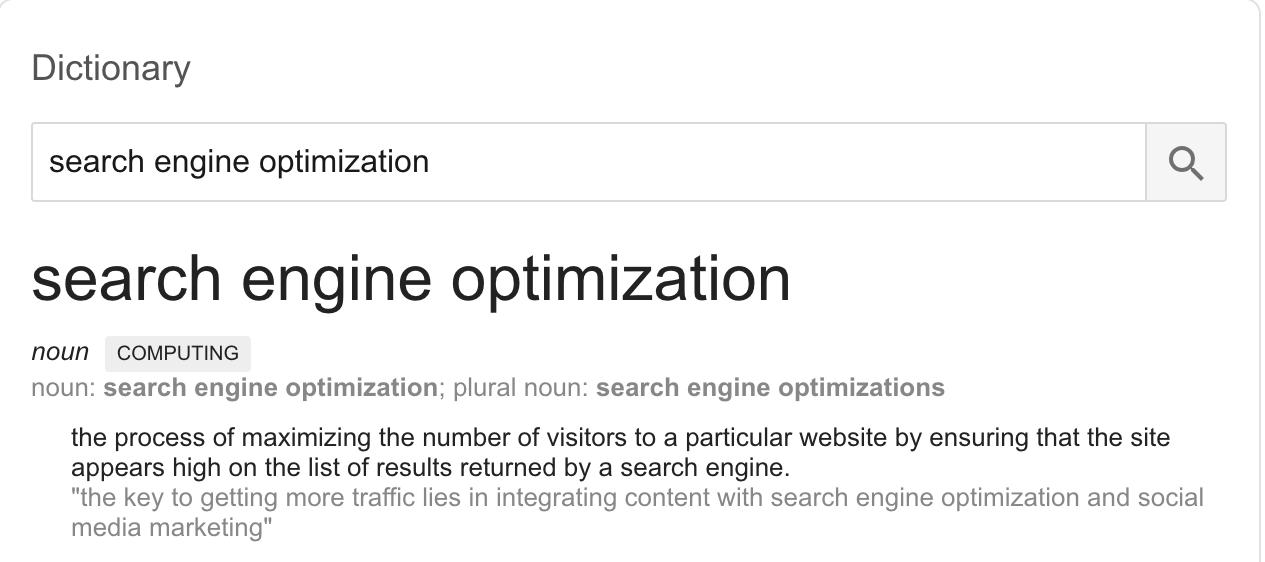
Probably one of the most popular and yet underused;
SEO: The process of optimizing your website to grow its organic visibility in search results.
The basic process is to recognize the set of keywords that will bring maximum leads to your business and then, work on the SEO strategies - on-page, off-page, and technical.
The SEO strategies also differ on the basis of types of SEO - local, national and E-commerce.
We specialize in local SEO in NJ & NYC and we recently wrote a post on local SEO challenges discussing how it’s different and more complicated than national SEO. The latter has a broad scope but also consumes more resources due to the sheer difficulty of the task and competition.
Likewise, E-commerce websites have to be approached differently if one has limited time and resources.
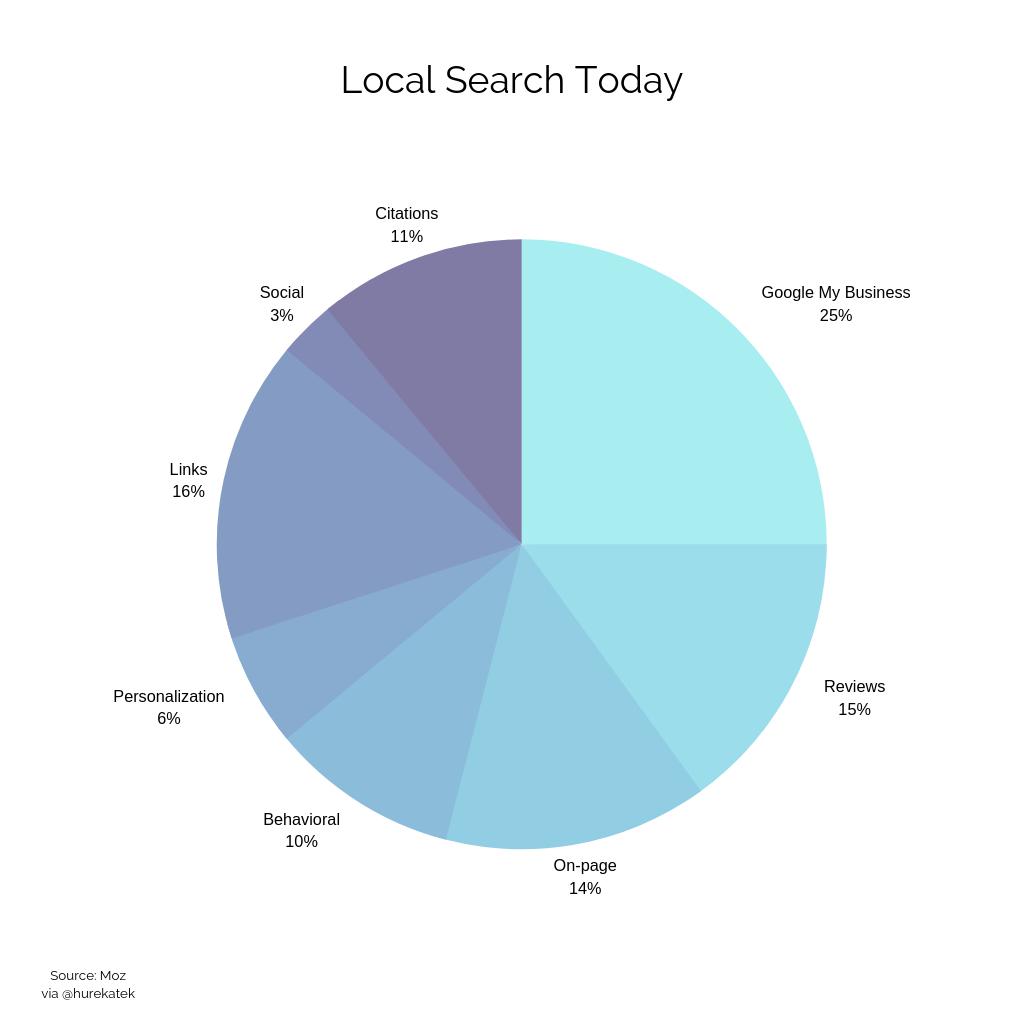
How to use SEO?
Even if it’s the most popular strategy, only 44% of businesses are investing in it(Source: Clutch). It’s because it’s a long-term strategy that unlike other internet marketing strategies, doesn’t offer instant gratification.
However, if you approach SEO as a long-term strategy and hire a reliable digital agency that focuses on organic SEO and follows best practices, it can get you the best conversion rate.
Imagine, if every time people in your area search for ‘buy pizza near me,’ your website pops up at the top. The searcher is at the most mature stage of the marketing funnel as compared to any other digital marketing strategy.
Also Read: Why Should Your Business Invest in SEO?
2. Search Engine Marketing & Paid Advertising
With SEO, you can be at the top of organic search results but what about those ads on the top that let your competitors be seen before you get to make your pitch?
Search engine marketing: The process of running ads on search engines, with most popular being Google Ads followed by Bing Ads.
The model is also called PPC (pay per click) model, as the advertiser is charged per click. Currently, paid advertising has moved beyond search engines and now, you can run Facebook ads, Instagram ads, LinkedIn ads, Twitter ads and even, Pinterest ads. Though the model is the same, each of these requires different expertise.
With Google Ads, you can also run shopping ad campaigns (ideal for e-commerce websites), and display campaigns (usually served via Google AdSense network).
One of the best use of search engine marketing & paid advertising is to run retargeting campaigns; they let you nurture your leads in a fully automated manner.
How to use it?
Paid advertising is the trickiest digital marketing strategy, as you can burn your money really easily if you aren’t careful with your campaigns. Therefore, for the best conversion rate per money spent, businesses should partner with digital agencies that specialize in AdWords and PPC.
3. Social Media Marketing
It’s one of the earliest forms of internet marketing but often underused or misused. What’s the point of social media?
Social Media Marketing: To connect with your potential & existing customers, build customer relations and build brand advocacy.
How to use it?
It’s not as easy as doing a post on social media. Careful planning about content and post timings is required. In fact, each social media platform offers analytics for businesses to understand their audience better.
Social media marketing is ideal for B2C businesses to engage with their audience and drive conversations. However, with the recent changes to LinkedIn, B2B businesses also have a lot to gain through social media marketing.
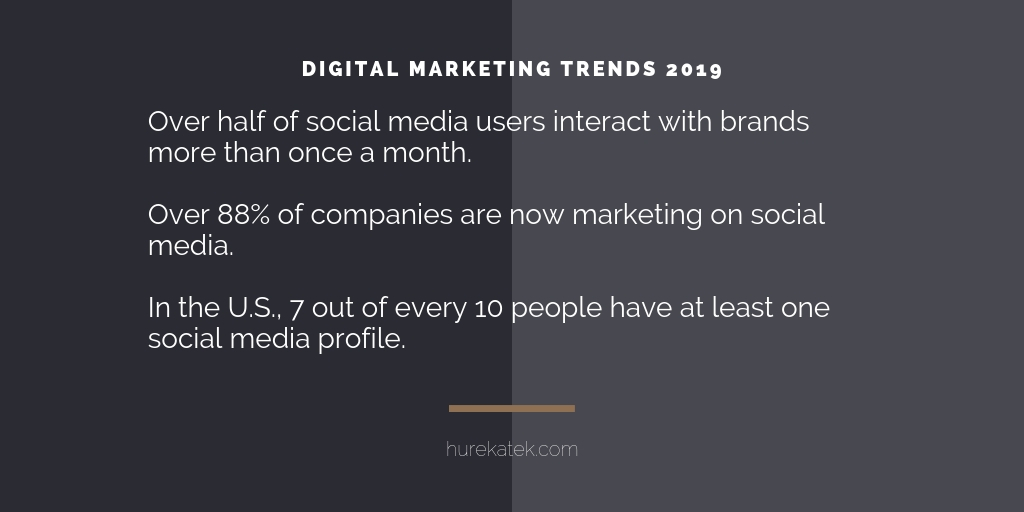
4. Content Marketing
Content Marketing: The practice of delivering content to your audience in order to generate leads or sales.
Type of content? It could be anything - a blog, whitepaper, e-book, infographic, tweet, Facebook post, Instagram post, Instagram story or a YouTube video.
Like all other online marketing strategies, it works best when combined with other strategies like SEO and social media marketing.
How to use it?
You need somebody who has deep knowledge about content and ability to create visually attractive, useful and relatable pieces of content for your audience.
Business owners often forget the ‘easy’ part. Your content should be written as if it’s for a 5-year old even if your target audience is highly educated and sophisticated.
Put in as much technical jargon as you want, but make the language easy to understand.
But it doesn’t end at just creating content. Content marketing works only if your content distribution plan is perfectly put together. Remember to educate before you sell!
5. Email Marketing
Email marketing then: An online marketing technique that helped you create a bond with your existing customers.
Email marketing now: A lead nurturing tool.
How to use it?
Use email marketing to nurture leads, connect with your customers, keep them informed about the latest updates, upsell and cross-sell, and gather feedback.
Through a drip-email campaign, you can pre-plan a set of emails to be sent to your email subscribers right from when they sign up. Carefully planned monthly newsletters can help you promote your latest products & services and make more sales. A series of emails can be used to inform your customers about your product & service better.
6. Conversational chatbots
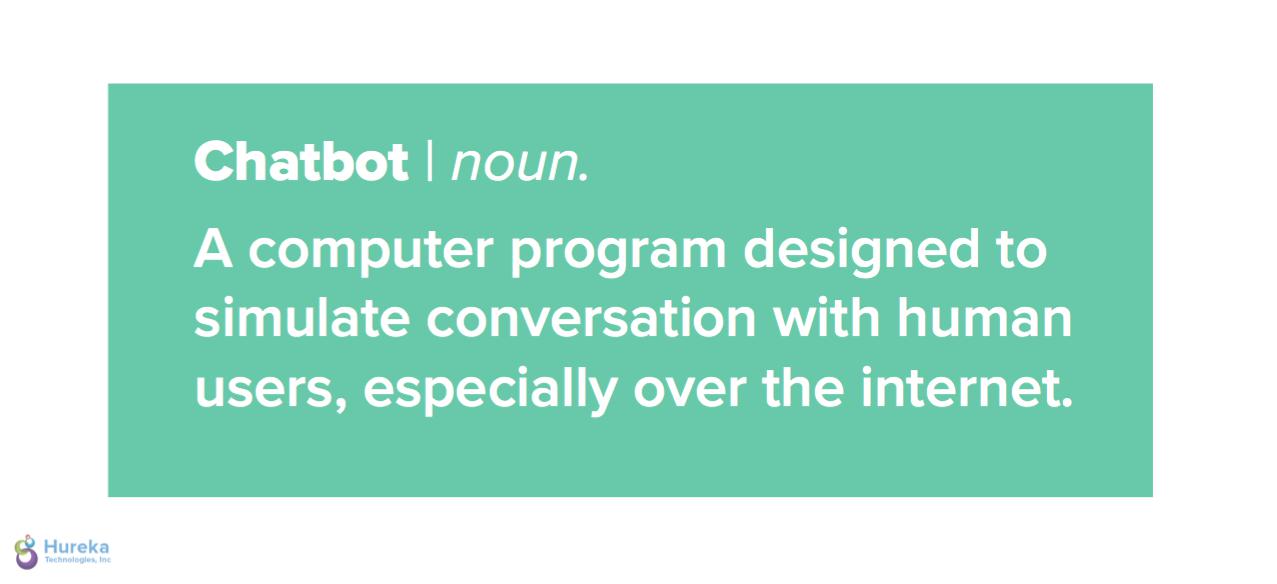
Growth hackers are obsessed with automation via email. But chatbots are an automation tool that will drive future marketing strategies. You can use these for customer support, like a recommendation engine and even, to nurture leads.
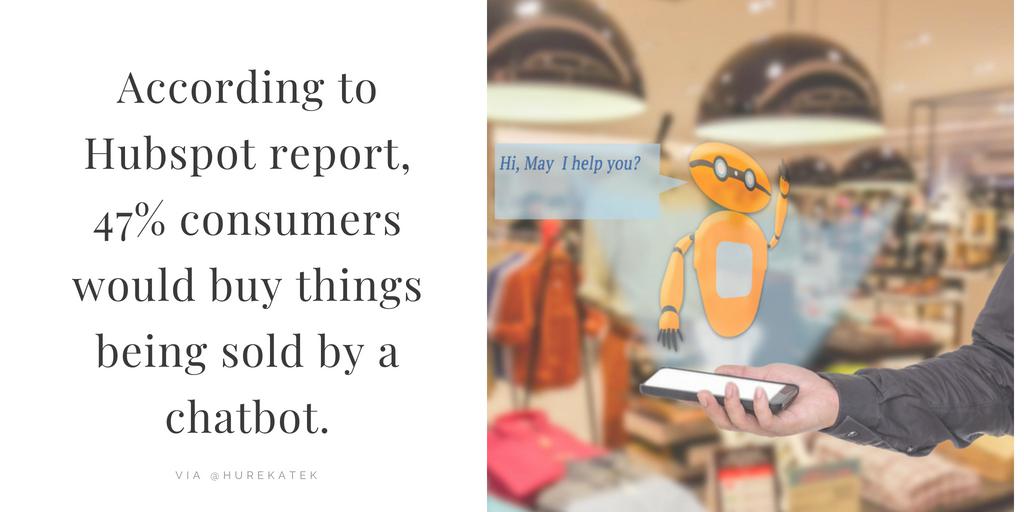
7. Influencer marketing
With social media platforms blowing up, influencers are the new celebrities; the only difference being that they convert better than celebrities. Experts think it’s the personal connections and the level of trust that makes influencers better for brands.
However, micro-influencers are what you need to watch out for to not miss on future trends.
The engagement rate of influencers drops significantly as they grow their number of followers.
For example, the engagement rate of Instagram influencers flattens out after they hit 100,000 followers. It’s because people just don’t interact as well with a ‘celebrity’ as they do with a micro-influencer - anybody who has more than 1000 followers.
Both of the marketing trends are fairly new but brands are already catching up with these and making the space more competitive and expensive. The early-bird advantage would soon cease to exist.
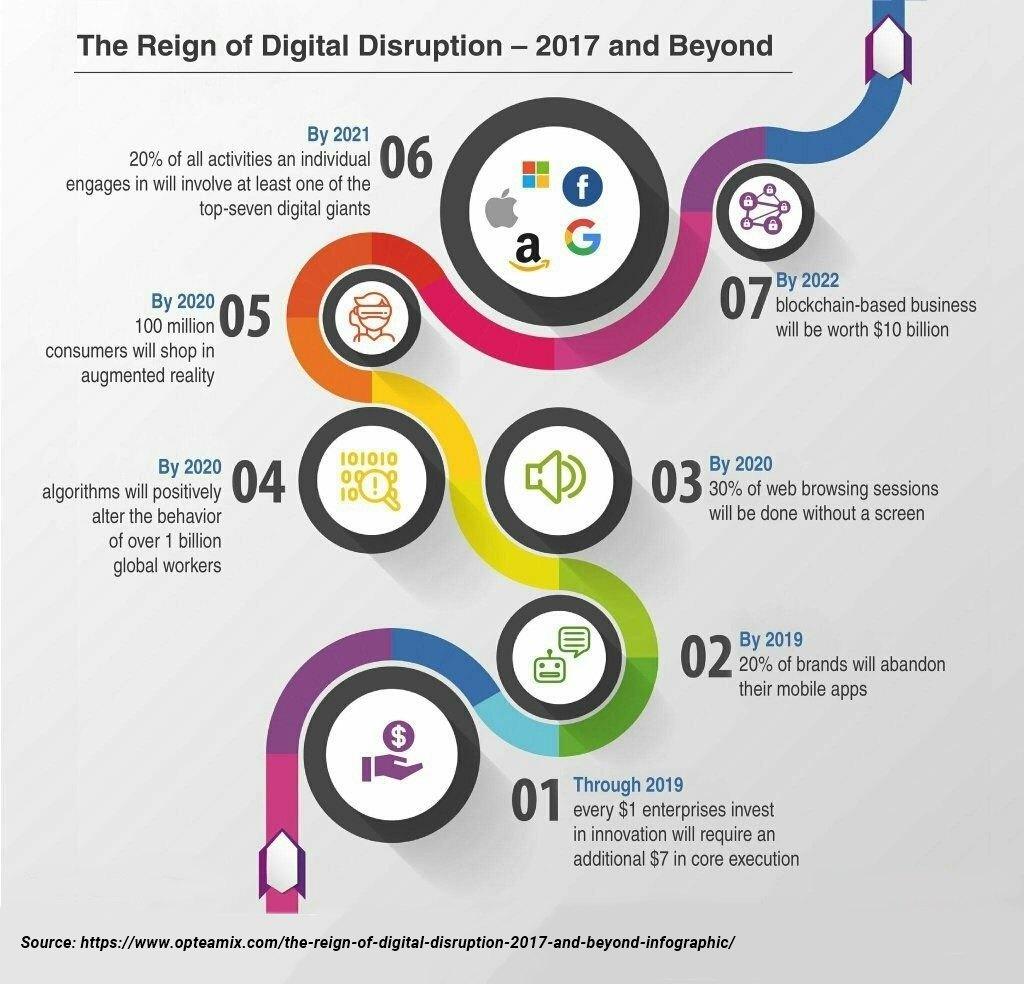
Hence, we recommend businesses to pay attention to both of these while not missing out on the top 7 digital marketing strategies that we discussed in this blog post.
If you’re a business who wants to learn more about digital marketing in NJ & NYC, how to capture more leads and improve your conversion rate, contact us today.


